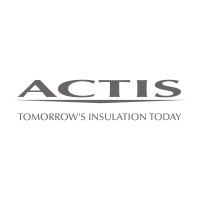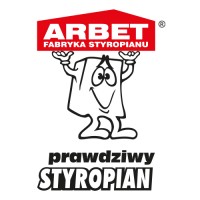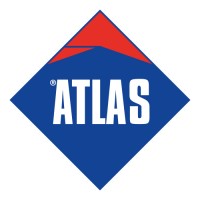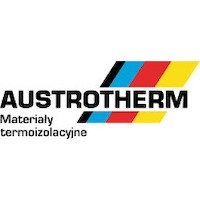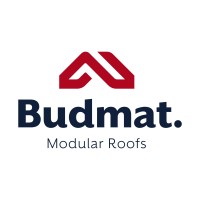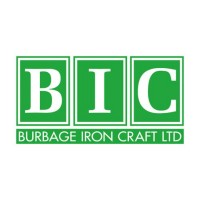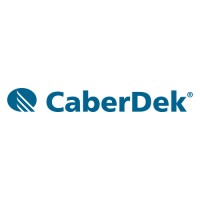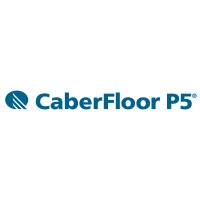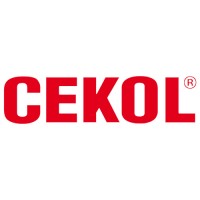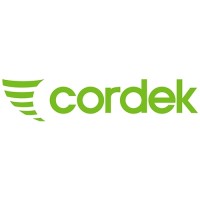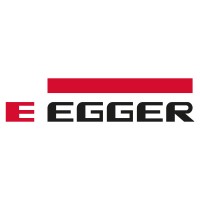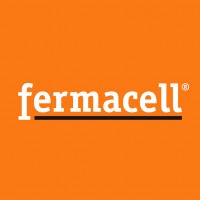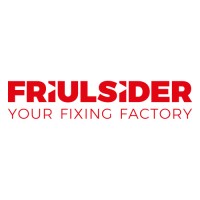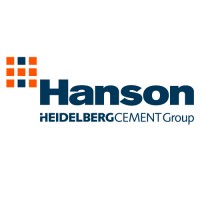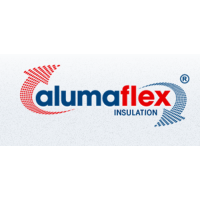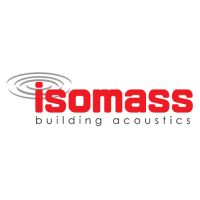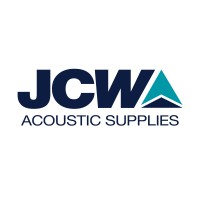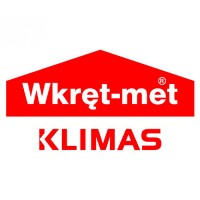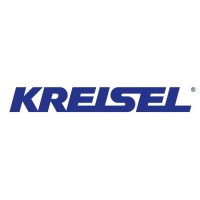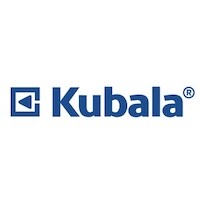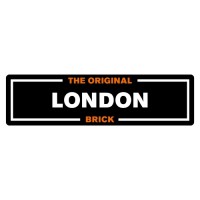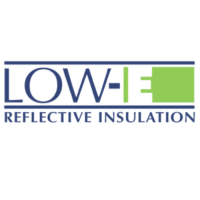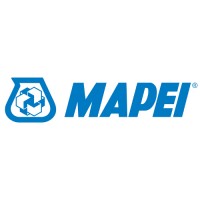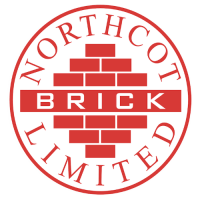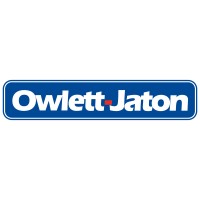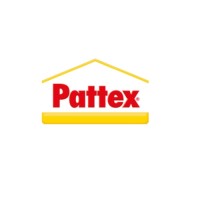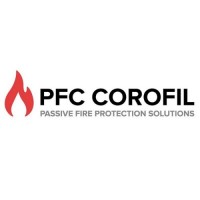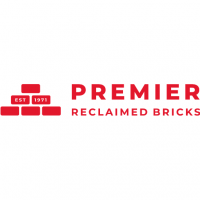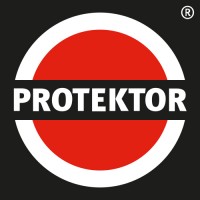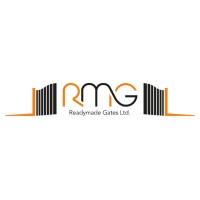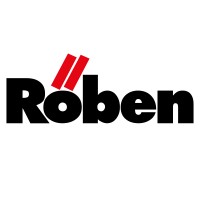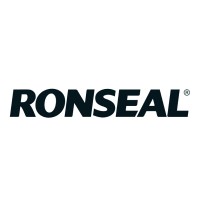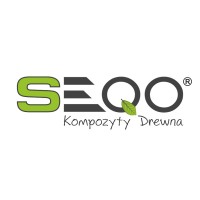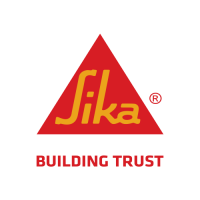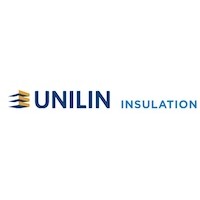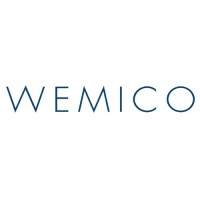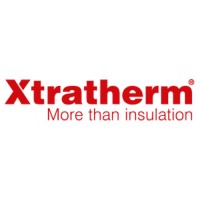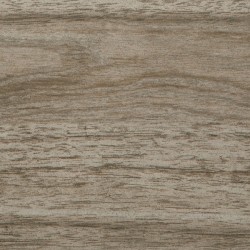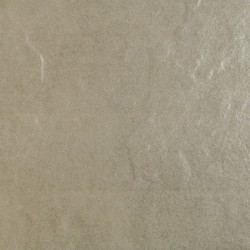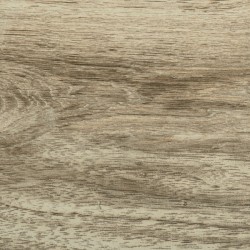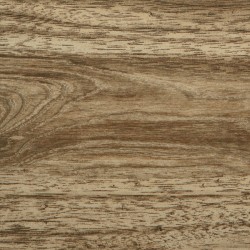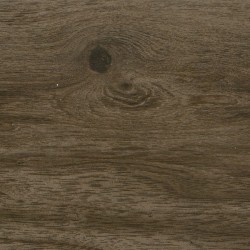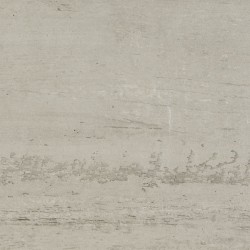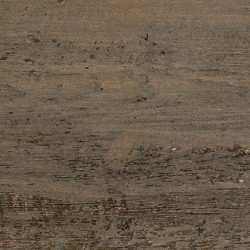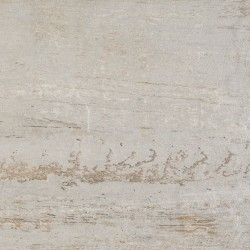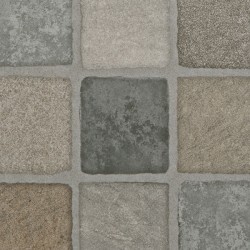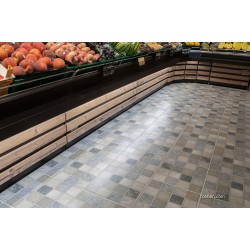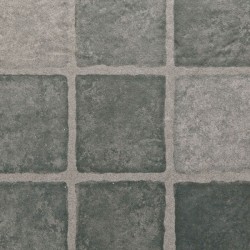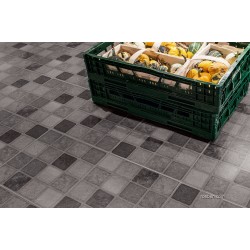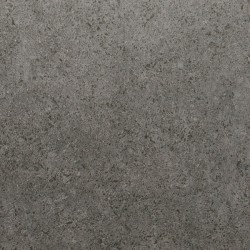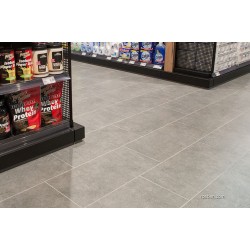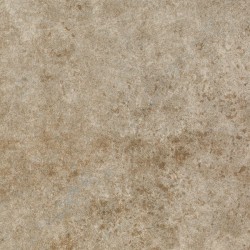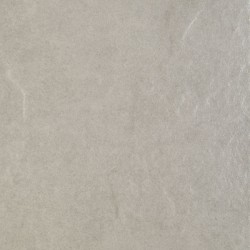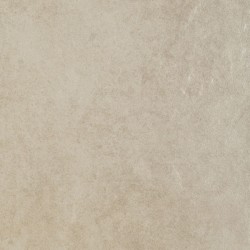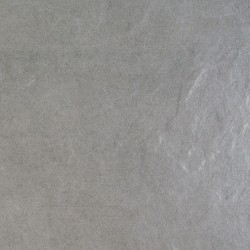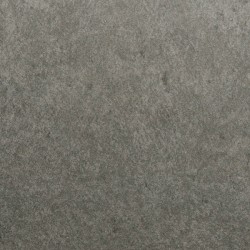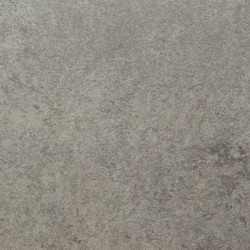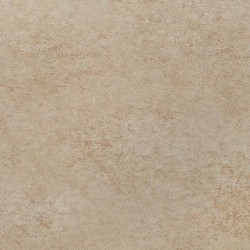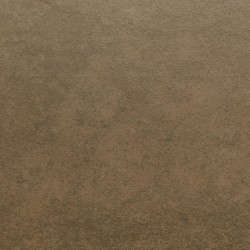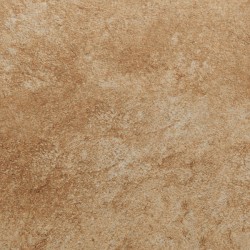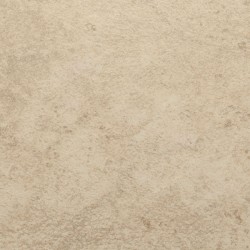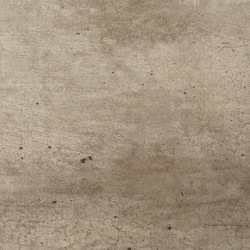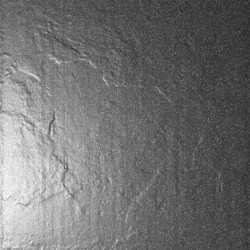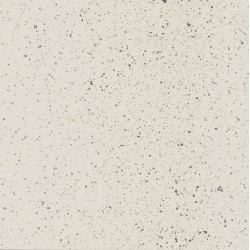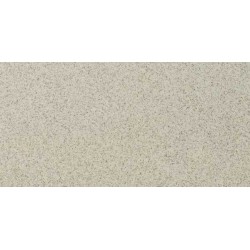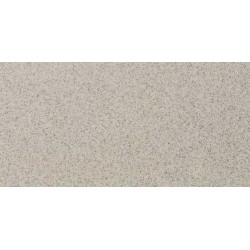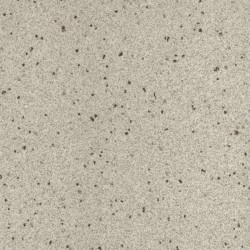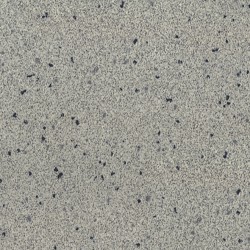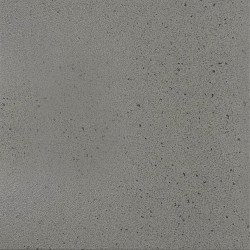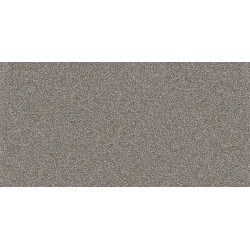Flooring Ceramics
There are different types of ceramic tiles that can be used for both flooring and walling.
- Ceramic Tile: Ceramic tiles are made by moulding earthen clays into flat shapes and firing them at high temperatures. They come in various textures and styles. When choosing ceramic flooring tiles, opt for those rated for floors and with some texture to enhance slip resistance. Best for any floor surface.
- Pros: Impervious to water, affordable.
- Cons: Can be slippery when wet.
- Porcelain Tile: Porcelain tiles are made from finer clays fired at higher temperatures than standard ceramic tiles. They’re excellent for bathrooms, kitchens, and showers due to their water resistance. Porcelain can mimic natural stone, wood, or metal. Thicker and harder than ceramic, it requires a motor-driven wet saw for cutting. Best for luxury looks.
- Pros: Slow water absorption rate, thicker than ceramic.
- Cons: Cutting tiles is difficult.
Advantages
- Röben is known for its high-quality ceramics. Their tiles are durable, resistant to wear, and designed to withstand the test of time.
- Röben offers a wide range of colors, formats, and textures. Whether you prefer classic or contemporary styles, you’ll find options to suit your aesthetic preferences.
- Röben’s commitment to sustainability means their tiles are eco-friendly. Using natural clay and energy-efficient firing processes, they minimize environmental impact.
- Röben tiles meet industry standards for water absorption, frost resistance, and slip resistance. You can trust their performance in various applications.
- Whether for interior walls, facades, or decorative accents, Röben tiles provide versatility and creative possibilities.
The resistance to porosity in flooring ceramic tiles depends on their water absorption rate. Ceramic tiles are classified into different groups based on this factor.
- Non-vitreous (Low Density): These tiles have high water absorption (more than 7%). Not suitable for areas with water exposure (e.g., bathrooms, kitchens). Used mainly for decorative purposes.
- Semi-vitreous (Medium Density): Water absorption between 3% and 7%. Suitable for indoor use but not recommended for wet areas.
- Vitreous (High Density): Water absorption between 0.5% and 3%. Ideal for most indoor applications, including kitchens and bathrooms.
- Impervious (Full Density): Water absorption less than 0.5%. Best for areas with heavy water exposure (e.g., showers, swimming pools).
Remember to choose ceramic tiles based on the specific location and intended use.
CHOOSE MANUFACTURERS
Brand: Roben
Model and Size: Plank Pearl
Delivery Time: 1 - 2 days
Röben flooring ceramics are a range of ceramic tiles of various colors and sizes.
They are used on floors in anterooms, rooms, kitchens, terraces as well as in industrial halls, workshops, shops and other public spaces - even those on which thousands of people walk every day.TECHNICAL DATA
Avail..
Brand: Roben
Model and Size: Urban Shady
Delivery Time: 1 - 2 days
Röben flooring ceramics are a range of ceramic tiles of various colors and sizes.
They are used on floors in anterooms, rooms, kitchens, terraces as well as in industrial halls, workshops, shops and other public spaces - even those on which thousands of people walk every day.TECHNICAL DATA
Availab..
Brand: Roben
Model and Size: Plank Oyster
Delivery Time: 1 - 2 days
Röben flooring ceramics are a range of ceramic tiles of various colors and sizes.
They are used on floors in anterooms, rooms, kitchens, terraces as well as in industrial halls, workshops, shops and other public spaces - even those on which thousands of people walk every day.TECHNICAL DATA
Availab..
Brand: Roben
Model and Size: Plank Whisky
Delivery Time: 1 - 2 days
Röben flooring ceramics are a range of ceramic tiles of various colors and sizes.
They are used on floors in anterooms, rooms, kitchens, terraces as well as in industrial halls, workshops, shops and other public spaces - even those on which thousands of people walk every day.TECHNICAL DATA
Availab..
Brand: Roben
Model and Size: Plank Pepper
Delivery Time: 1 - 2 days
Röben flooring ceramics are a range of ceramic tiles of various colors and sizes.
They are used on floors in anterooms, rooms, kitchens, terraces as well as in industrial halls, workshops, shops and other public spaces - even those on which thousands of people walk every day.TECHNICAL DATA
Availab..
Brand: Roben
Model and Size: Gallery Cool
Delivery Time: 1 - 2 days
Röben flooring ceramics are a range of ceramic tiles of various colors and sizes.
They are used on floors in anterooms, rooms, kitchens, terraces as well as in industrial halls, workshops, shops and other public spaces - even those on which thousands of people walk every day.TECHNICAL DATA
Avail..
Brand: Roben
Model and Size: Gallery Cool
Delivery Time: 1 - 2 days
Röben flooring ceramics are a range of ceramic tiles of various colors and sizes.
They are used on floors in anterooms, rooms, kitchens, terraces as well as in industrial halls, workshops, shops and other public spaces - even those on which thousands of people walk every day.
TECHNICAL DATA
Avail..
Brand: Roben
Model and Size: Warm Grey
Delivery Time: 1 - 2 days
Röben flooring ceramics are a range of ceramic tiles of various colors and sizes.
They are used on floors in anterooms, rooms, kitchens, terraces as well as in industrial halls, workshops, shops and other public spaces - even those on which thousands of people walk every day.TECHNICAL DATA
Avail..
Brand: Roben
Model and Size: Court Rustic
Delivery Time: 1 - 2 days
Röben flooring ceramics are a range of ceramic tiles of various colors and sizes.
They are used on floors in anterooms, rooms, kitchens, terraces as well as in industrial halls, workshops, shops and other public spaces - even those on which thousands of people walk every day.TECHNICAL DATA
Availab..
Brand: Roben
Model and Size: Court Stone
Delivery Time: 1 - 2 days
Röben flooring ceramics are a range of ceramic tiles of various colors and sizes.
They are used on floors in anterooms, rooms, kitchens, terraces as well as in industrial halls, workshops, shops and other public spaces - even those on which thousands of people walk every day.TECHNICAL DATA
Availab..
Brand: Roben
Model and Size: Base Smoky
Delivery Time: 1 - 2 days
Röben flooring ceramics are a range of ceramic tiles of various colors and sizes.
They are used on floors in anterooms, rooms, kitchens, terraces as well as in industrial halls, workshops, shops and other public spaces - even those on which thousands of people walk every day.TECHNICAL DATA
Availab..
Brand: Roben
Model and Size: Sand Grey
Delivery Time: 1 - 2 days
Röben flooring ceramics are a range of ceramic tiles of various colors and sizes.
They are used on floors in anterooms, rooms, kitchens, terraces as well as in industrial halls, workshops, shops and other public spaces - even those on which thousands of people walk every day.TECHNICAL DATA
Avail..
Brand: Roben
Model and Size: Urban Limestone
Delivery Time: 1 - 2 days
Röben flooring ceramics are a range of ceramic tiles of various colors and sizes.
They are used on floors in anterooms, rooms, kitchens, terraces as well as in industrial halls, workshops, shops and other public spaces - even those on which thousands of people walk every day.TECHNICAL DATA
Avail..
Brand: Roben
Model and Size: Urban Sandstone
Delivery Time: 1 - 2 days
Röben flooring ceramics are a range of ceramic tiles of various colors and sizes.
They are used on floors in anterooms, rooms, kitchens, terraces as well as in industrial halls, workshops, shops and other public spaces - even those on which thousands of people walk every day.TECHNICAL DATA
Availab..
Brand: Roben
Model and Size: Urban Slate
Delivery Time: 1 - 2 days
Röben flooring ceramics are a range of ceramic tiles of various colors and sizes.
They are used on floors in anterooms, rooms, kitchens, terraces as well as in industrial halls, workshops, shops and other public spaces - even those on which thousands of people walk every day.TECHNICAL DATA
Availab..
Brand: Roben
Model and Size: Mall Medium
Delivery Time: 1 - 2 days
Röben flooring ceramics are a range of ceramic tiles of various colors and sizes.
They are used on floors in anterooms, rooms, kitchens, terraces as well as in industrial halls, workshops, shops and other public spaces - even those on which thousands of people walk every day.TECHNICAL DATA
Avail..
Brand: Roben
Model and Size: Mall Light
Delivery Time: 1 - 2 days
Röben flooring ceramics are a range of ceramic tiles of various colors and sizes.
They are used on floors in anterooms, rooms, kitchens, terraces as well as in industrial halls, workshops, shops and other public spaces - even those on which thousands of people walk every day.TECHNICAL DATA
Availab..
Brand: Roben
Model and Size: Mall Amber
Delivery Time: 1 - 2 days
Röben flooring ceramics are a range of ceramic tiles of various colors and sizes.
They are used on floors in anterooms, rooms, kitchens, terraces as well as in industrial halls, workshops, shops and other public spaces - even those on which thousands of people walk every day.TECHNICAL DATA
Availab..
Brand: Roben
Model and Size: Mall Hazel
Delivery Time: 1 - 2 days
Röben flooring ceramics are a range of ceramic tiles of various colors and sizes.
They are used on floors in anterooms, rooms, kitchens, terraces as well as in industrial halls, workshops, shops and other public spaces - even those on which thousands of people walk every day.TECHNICAL DATA
Avail..
Brand: Roben
Model and Size: Mall Copper
Delivery Time: 1 - 2 days
Röben flooring ceramics are a range of ceramic tiles of various colors and sizes.
They are used on floors in anterooms, rooms, kitchens, terraces as well as in industrial halls, workshops, shops and other public spaces - even those on which thousands of people walk every day.TECHNICAL DATA
Avail..
Brand: Roben
Model and Size: Mall Moon
Delivery Time: 1 - 2 days
Röben flooring ceramics are a range of ceramic tiles of various colors and sizes.
They are used on floors in anterooms, rooms, kitchens, terraces as well as in industrial halls, workshops, shops and other public spaces - even those on which thousands of people walk every day.TECHNICAL DATA
Avail..
Brand: Roben
Model and Size: Plaza Straight
Delivery Time: 1 - 2 days
Röben flooring ceramics are a range of ceramic tiles of various colors and sizes.
They are used on floors in anterooms, rooms, kitchens, terraces as well as in industrial halls, workshops, shops and other public spaces - even those on which thousands of people walk every day.TECHNICAL DATA
Availab..
Brand: Roben
Model and Size: Vigranit Sabrina
Delivery Time: 1 - 2 days
Röben flooring ceramics are a range of ceramic tiles of various colors and sizes.
They are used on floors in anterooms, rooms, kitchens, terraces as well as in industrial halls, workshops, shops and other public spaces - even those on which thousands of people walk every day.TECHNICAL DATA
Availab..
Brand: Roben
Model and Size: Vigranit Imbra
Delivery Time: 1 - 2 days
Röben flooring ceramics are a range of ceramic tiles of various colors and sizes.
They are used on floors in anterooms, rooms, kitchens, terraces as well as in industrial halls, workshops, shops and other public spaces - even those on which thousands of people walk every day.TECHNICAL DATA
Avail..
Brand: Roben
Model and Size: Vigranit Cream
Delivery Time: 1 - 2 days
Röben flooring ceramics is a range of ceramic tiles of various colors and sizes.
They are used on floors in anterooms, rooms, kitchens, terraces as well as in industrial halls, workshops, shops and other public spaces - even those on which thousands of people walk every day.1. Fast laying an..
Brand: Roben
Model and Size: Vigranit Light Gray
Delivery Time: 1 - 2 days
Röben flooring ceramics are a range of ceramic tiles of various colors and sizes.
They are used on floors in anterooms, rooms, kitchens, terraces as well as in industrial halls, workshops, shops and other public spaces - even those on which thousands of people walk every day.TECHNICAL DATA
Avail..
Brand: Roben
Model and Size: Thick Granulation
Delivery Time: 1 - 2 days
Röben flooring ceramics are a range of ceramic tiles of various colors and sizes.
They are used on floors in anterooms, rooms, kitchens, terraces as well as in industrial halls, workshops, shops and other public spaces - even those on which thousands of people walk every day.TECHNICAL DATA
Avail..
Brand: Roben
Model and Size: Vigranit Föhr
Delivery Time: 1 - 2 days
Röben flooring ceramics are a range of ceramic tiles of various colors and sizes.
They are used on floors in anterooms, rooms, kitchens, terraces as well as in industrial halls, workshops, shops and other public spaces - even those on which thousands of people walk every day.TECHNICAL DATA
Avail..
Brand: Roben
Model and Size: Vigranit Sylt
Delivery Time: 1 - 2 days
Röben flooring ceramics are a range of ceramic tiles of various colors and sizes.
They are used on floors in anterooms, rooms, kitchens, terraces as well as in industrial halls, workshops, shops and other public spaces - even those on which thousands of people walk every day..TECHNICAL DATA
Avai..
Brand: Roben
Model and Size: Vigranit Anthracite
Delivery Time: 1 - 2 days
Röben flooring ceramics are a range of ceramic tiles of various colors and sizes.
They are used on floors in anterooms, rooms, kitchens, terraces as well as in industrial halls, workshops, shops and other public spaces - even those on which thousands of people walk every day.TECHNICAL DATA
Avail..


